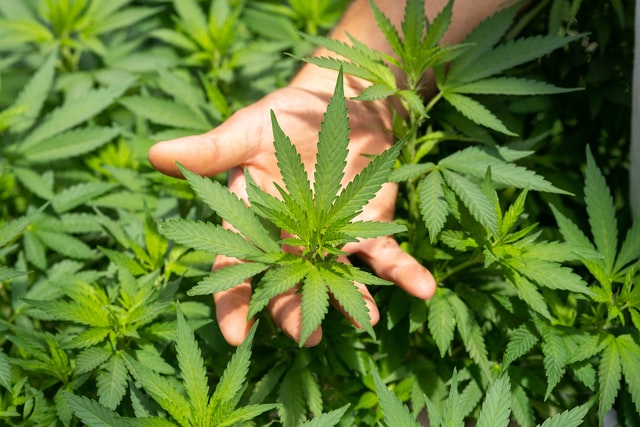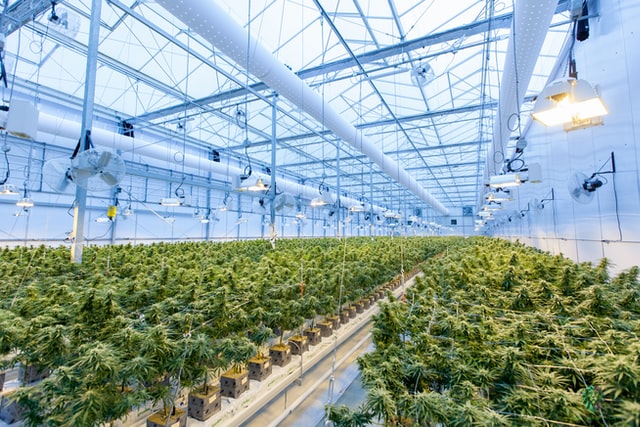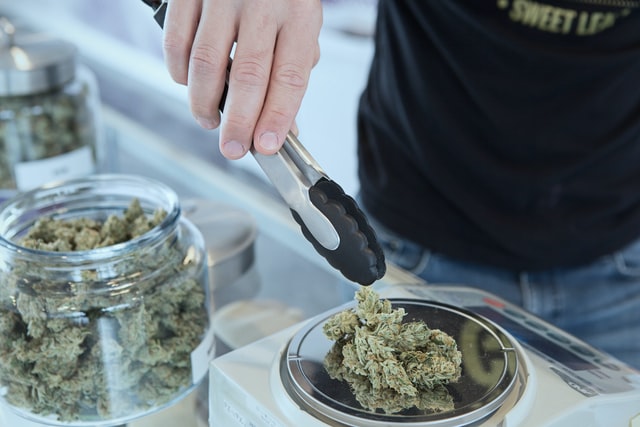Yay Or Nay? Another State In America Legalizes Medical Marijuana
Mississippi has legalized the use of marijuana for medicinal purposes. Should this call for a celebration or will it ignite another series of debates from various sectors in society? Will more states follow suit?
Author:Karan EmeryReviewer:Stefano MclaughlinFeb 08, 202215.1K Shares359.8K Views
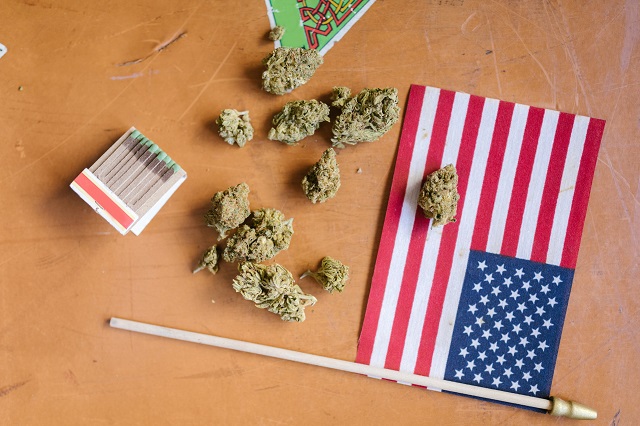
Known also in the U.S. as the Magnolia State for its gorgeous magnolia trees, Mississippi is now known for another “m” – medical marijuana.
The birthplace of Oprah Winfrey and the King of Rock and Roll Elvis Presley recently grabbed headlines as it legalized marijuana use for medical purposes.
A week after Senate Bill 2095, aka the medical marijuana bill, was passed by the Mississippi House of Representatives, Mississippi Governor Jonathon Tate Reeves signed it on February 2.
Republican Kevin Blackwell, a Mississippi state senator, authored the bill that made this southern state the 37th one in America to legalize medical marijuana.
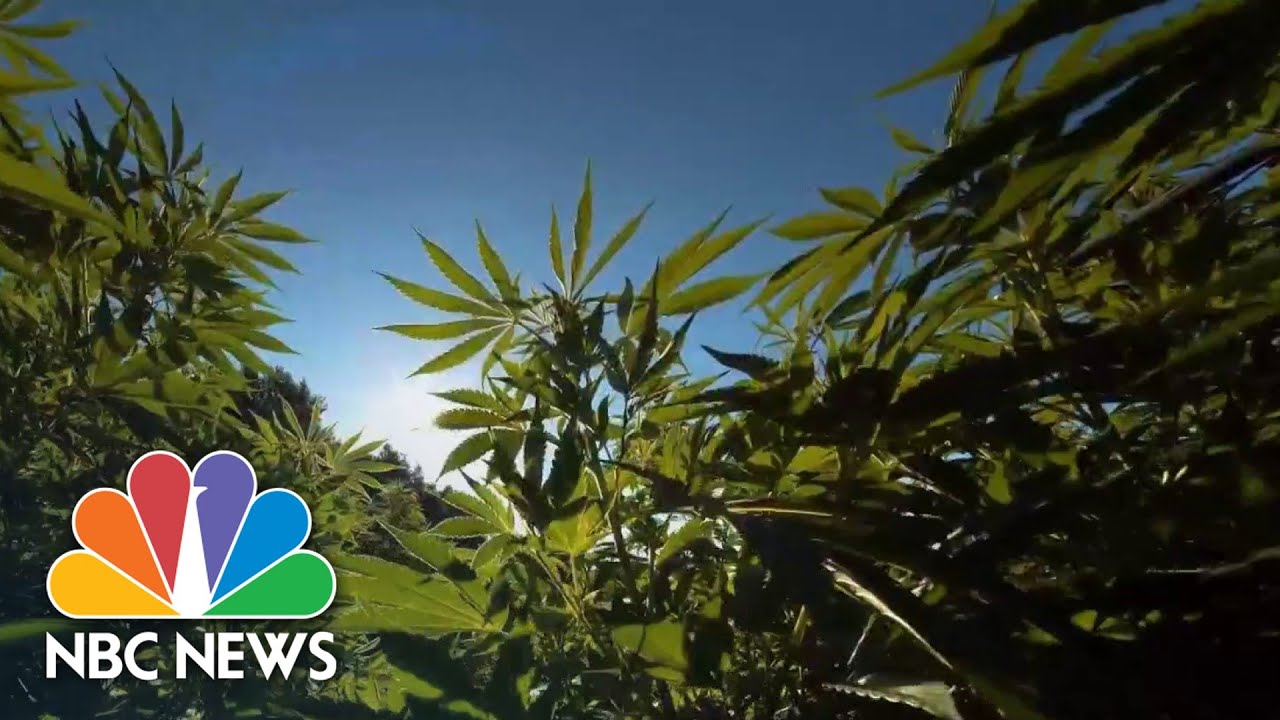
Medical Marijuana Patients Have More Questions Than Answers On Treatment
Marijuana Meaning
There’s a plant called cannabis that grows in many different parts of the world (e.g., Middle East, South America, Southeast Asia), which explains why it has varied names.
“Cannabis” is its botanical name – the term used largely in Europe and Latin America – but in the U.S., Americans prefer the term “marijuana,” according to Al Jazeera America.
The cannabis plant appears to have 2-3 species only.
Two of these species are:
(a) Cannabis indica (short and with dark and skinny green leaves)
(b) Cannabis sativa (tall; light and broad green leaves)
The U.S. National Institute on Drug Abuse defines “marijuana” as “the dried leaves, flowers, stems, and seeds from the Cannabis sativa or Cannabis indica plant.”
Below are some of the slang or street names for marijuana in the English language:
(a) Aunt Mary
(b) chronic
(c) dope
(d) grass
(e) hash
(f) Mary Jane
(g) pot
(h) weed
People use marijuana for two general reasons: recreationaland medical (hence the term “medical marijuana”).
In a 2016 report, the World Health Organization described cannabis as “the most widely cultivated, trafficked and abused illicit drug.”
Just like cocaine, marijuana is an example of a psychoactive drug. Meaning, using it considerably affects the nervous system. There will be changes in the user’s behavior, mood, and way of thinking, among other things, according to Wikipedia.
A 2013 study published by the journal Missouri Medicine said that the phrase “medical marijuana” denotes that marijuana is a doctor prescribed medication.
Why Medical Marijuana Should Be Legal
Despite tons of studies supporting the therapeutic effects of marijuana, making it legal for doctor-assisted treatment remains to be a controversial legislation.
Over the years, however, several U.S. legislators apparently trusted those studies as they passed a bill legalizing medical marijuana.
California was the first one to do it in 1996.
From back pain to cancer, numerous studies validated the health benefits of marijuana.
So, why not make medical marijuana legal if doing so can save and improve lives as well as diminish the pain caused by ailments and disorders, right?
A 2021 survey by the Washington-based Pew Research Center showed that only 8% of adult Americans said that marijuana shouldn’t be legalized.
Those in favor of medical marijuana: 31%. Majority of the respondents (60%) wanted it legal for both medical and recreational purposes.
According to the U.S. National Conference of State Legislatures, 18 states (as of November 29, 2021) legalized the nonmedical use of marijuana.
In his 2013 TEDxBoulder appearance, Josh Stanley narrated how seven prescription medicines failed to manage the seizure of a 5-year-old girl diagnosed with Dravet syndrome, a form of epilepsy.
The girl, Charlotte Figi from Colorado, experienced “20-25 minutes” of seizure daily or “400 [seizures] a week,” said Stanley. After she received medical marijuana, the seizure went “down 0-1 per week.”
It’s not an isolated case, Stanly clarified to his audience.
(Update: Figi died in 2020 at the age of 13 “due to complications from COVID-19,” reported The Colorado Sun.)
What Illness Qualifies For Medical Marijuana?
The Johnson & Wales University in Rhode Island said that, based from studies, medical marijuana can:
(a) help relieve the side effects of chemotherapy
(b) reduce inflammation
(c) prevent seizures
(d) lower blood pressure
From a 2020 article published by the Harvard Medical School, it can help people with:
(a) Crohn’s disease
(b) endometriosis
(c) fibromyalgia
(d) HIV
(e) interstitial cystitis
(f) irritable bowel syndrome (IBS)
(g) Parkinson’s disease
(h) post-traumatic stress disorder (PTSD)
A cannabis research report by the National Institute on Drug Abuse mentioned the following health conditions that could benefit from medical marijuana:
(a) AIDS
(b) cardiovascular disease
(c) Dravet syndrome
(d) Lennox-Gastaut syndrome
(e) multiple sclerosis
(f) neurodegenerative diseases
How Much Does Medical Marijuana Cost?
Affordability is a major concern when it comes to medicines and treatment procedures.
No matter how effective a drug is, if one can’t afford it, then that will be an issue.
Just like in the case of one former chef from Minnesota, which legalized medical marijuana in 2014.
Patrick McClellan turned to medical marijuana for his muscular dystrophy, reported NBC News in 2021.
McClellan told NBC News that the state would offer it for roughly $500. So, he just decided to buy it from the black market for approximately $125 to $150.
The price of marijuana varies in every state and in every city.
In Louisiana, for example, one-eighth of an ounce costs $35, $60, and $80 in three different cities there, according to a January 2022 report by Daily Advertiser.
Delta MedMar, a Louisiana-based medical marijuana dispensary, sells somewhere “between $440 and $480 an ounce.”
As for the average cost of medical marijuana registry/I.D. card – a requirement to get one – it’s from $50 to $150. It can also get as low as $1 (in Washington) and $15 (in Utah) and as high as $200 (in Oregon) and $350 (in Arizona).
Conclusion
Several people consider medical marijuana as another viable option – or perhaps their last resort – to alleviate whatever pain or health condition they are dealing with daily.
Aside from the scientifically proven health benefits of marijuana, there’s also the massive economic benefit.
Investopedia learned that by 2024, the U.S. government could earn an estimated $31.1 billion in the form of tax revenuein relation to marijuana sales.
Based on a 2021 Forbes article, the marijuana industry in the U.S. could be worth $100 billion by 2030.
The economic benefits of medical marijuana may come in second, of course, as legalizing it means that more people can have access to a safe and a more affordable treatment.

Karan Emery
Author
Karan Emery, an accomplished researcher and leader in health sciences, biotechnology, and pharmaceuticals, brings over two decades of experience to the table. Holding a Ph.D. in Pharmaceutical Sciences from Stanford University, Karan's credentials underscore her authority in the field.
With a track record of groundbreaking research and numerous peer-reviewed publications in prestigious journals, Karan's expertise is widely recognized in the scientific community.
Her writing style is characterized by its clarity and meticulous attention to detail, making complex scientific concepts accessible to a broad audience. Apart from her professional endeavors, Karan enjoys cooking, learning about different cultures and languages, watching documentaries, and visiting historical landmarks.
Committed to advancing knowledge and improving health outcomes, Karan Emery continues to make significant contributions to the fields of health, biotechnology, and pharmaceuticals.

Stefano Mclaughlin
Reviewer
Stefano Mclaughlin is a Psychologist focused on mental health, emotional well-being, and healthcare policy. He studied Psychology and Public Health at the University of Massachusetts Amherst, gaining a deep understanding of the intersection between mental health and public policy.
Stefano's mission is clear: he aims to destigmatize mental health discussions, improve access to mental healthcare, and promote emotional well-being for all. Drawing from personal experiences with anxiety and depression, Stefano shares real stories to make mental health topics more relatable and less intimidating.
In addition to his advocacy work, Stefano enjoys delving into books, experimenting in the kitchen, and embarking on new adventures. These hobbies fuel his creativity and inspire fresh perspectives for his advocacy work.
Latest Articles
Popular Articles
